Table of Contents
Introduction
We’re all familiar with Linsoul. One of the biggest chifi retailers in recent times which had also branched out into the OEM scene with the IEM-centric ThieAudio, and more recently with the headphone-centric HarmonicDyne brand.
HarmonicDyne began with the $180 Helios, a headphone that I found acceptable but nothing mindblowing. Now the Helios is relegated to an “entry-level” position with the release of the new Zeus, a $350 headphone sporting drivers using the ever-hyped material known as Beryllium. Personally I think that driver material is a poor indicator of headphone performance in general, but I guess tell that to the rest of the audiophile community who believe that any dynamic driver using Beryllium is automatically the best thing ever.
Anyways, we gather here today to answer the same old question asked. How good is the Zeus actually?
Product page: https://www.linsoul.com/products/harmonicdyne-zeus
MSRP: $350
Driver type: Dynamic
Signature & Tonality
Not sure how to read graphs? Click here
The Zeus’ sound signature can be described as simply “warm”. There is a noticeable hump that peaks around the mid-bass and lower-midrange frequencies and is also the most forward region of the Zeus’ frequency response.
Avid readers of IEF should be able to predict what I’m about to say next: yes, the Zeus is a headphone that very much specialises in the “male vocals, bowed strings” range of instruments common in headphones of this tuning. Its tonality is certainly one that focuses on the lower harmonics, which is great for instruments that depend on them heavily (i.e. pianos, cellos, male vocals of course) but not ideal for others that depend on higher harmonics (i.e. flutes, violins, percussions).
But I’m not one to dock points just because a headphone doesn’t hit “IEF Neutral”. Sure, the Zeus is a thick and warm sounding headphone with a little too much mid-bass bloom and arguably not enough sub-bass, though you could also argue that any additional sub-bass would just contribute to the bleed. And neutrality be damned; sometimes we want a little colouration in our life.
So the big question here is: at least within the context of the “warm tuning” headphones, does the Zeus still have good tonality?
Comparison courtesy of the Graph Comparison Tool
Perhaps the ultimate example of the “warm thick” stereotype of headphone tunings would be the venerable AudioQuest NightHawk. A now-discontinued headphone, but probably one of the most notorious models within the audiophile community for being… well, different. And that’s just putting it nicely.
Personally, the NightHawk is a guilty pleasure for me. It has similar hallmarks to IEMs like the FitEar TG334, which also had the whole “warm-thick” presentation going for it. However, I would be remissed if I ever considered the NightHawk a good headphone; after all, the copious amount of lower-mids and bass was taking things a little too far, and that plus the frankly middling technicalities makes for a headphone that I would just barely consider average.
Knowing all that, I would say that the Zeus, tonally, is pretty decent.
So yes, the Zeus has its specialties and I wouldn’t recommend them to anyone looking for that airy, clarity-focused sound. But where the NightHawks takes things too far, the Zeus reigns it in to a far more comfortable degree. And I will reiterate again: I’m not one to dock points just because a headphone doesn’t hit “IEF Neutral”. More than anything else, a headphone needs to able to properly present the kind of colouration it’s aiming for, so a V-shaped headphone needs to execute a good V-shape, a bright headphone needs to execute a good bright tuning, so on and so forth.
And for the warm, lush, thick, smooth, whatever you want to call this kind of tonality, the Zeus does well. Props for that.
Tone grade: B+
For more information on the grading system, click here
Technicalities
“Surprisingly competent”. That’s the quick and easy TL;DR.
Despite the tonality resulting in some bleed and bloat in the lower frequencies, the actual resolution of the notes themselves is actually pretty decent. Attack is sharp enough to not make me feel like it was fuzzy and lacking texture. Timbre is probably the Zeus’ strongest suit, coming off as pretty natural as far as general instrumental playback goes, though it stumbles a little when it comes to metallic percussions.
Probably the big “disappointment” with the Zeus is that, despite the open-backed design, the imaging itself wasn’t particularly exceptional. It’s pretty standard as far as open-backs go; certainly not HD650 level but nowhere close to being a HD800 either. Just average.
Overall, the Zeus is “technically capable”. It’s no powerhouse but also not an underachiever.
Technical grade: B
For more information on the grading system, click here
Valuation
The $300-ish price bracket is a tough one for a headphone to be in. Just for reference, here are some of the big established mainstays that make it on everyone’s recommendation list:
- Audio Technica ATH-R70x: $350
- Beyerdynamic DT880 Pro: $350
- Hifiman Sundara: $350
- Sennheiser HD600: $330
- Sennheiser HD650 (HD6XX): $220
- Sennheiser HD660S: $400
And of course with various others under $300 that could very well still compete against the Zeus, but I won’t go into them for the sake of word count.
The Zeus has a tough uphill battle against the current market. Sure, it’s not as resolving as the HD6X0 and arguably less well-tuned, and I’d still pick the R70x and Sundara over the Zeus any day of the week. But as I’ve mentioned, the Zeus does manage to nail the warm tuning which is rarity in general, much less for the sub-$500 market. And sure the HD650 also has the warm-neutral signature going on, but if you’ve ever found yourself wanting more warmth and thickness out of the HD650, the Zeus is a pretty straightforward choice at that point.
Worth the price? Sure, I have no qualms.
Value Rating: ★
“Worth the price”
For more information on the grading system, click here
Conclusion
$350 is a dangerous place to be in the headphone world, but the Zeus manages to differentiate itself from the competition.
As the name of this review implies, the Zeus is the one to beat when it comes to a warm and thick presentation. It’s not going to sound great for every instrument out there, but for the ones that do, it does well.
Grade: B ★
Awarded grades are in reference to the Ranking List.
Support me on Patreon to get access to tentative ranks, the exclusive “Clubhouse” Discord server and/or access to the Premium Graph Comparison Tool! My usual thanks to all my current supporters and shoutouts to my big money boys:
“McMadface”
“Galactus”
Will
Man Ho
Denis
Alexander
Tiffany

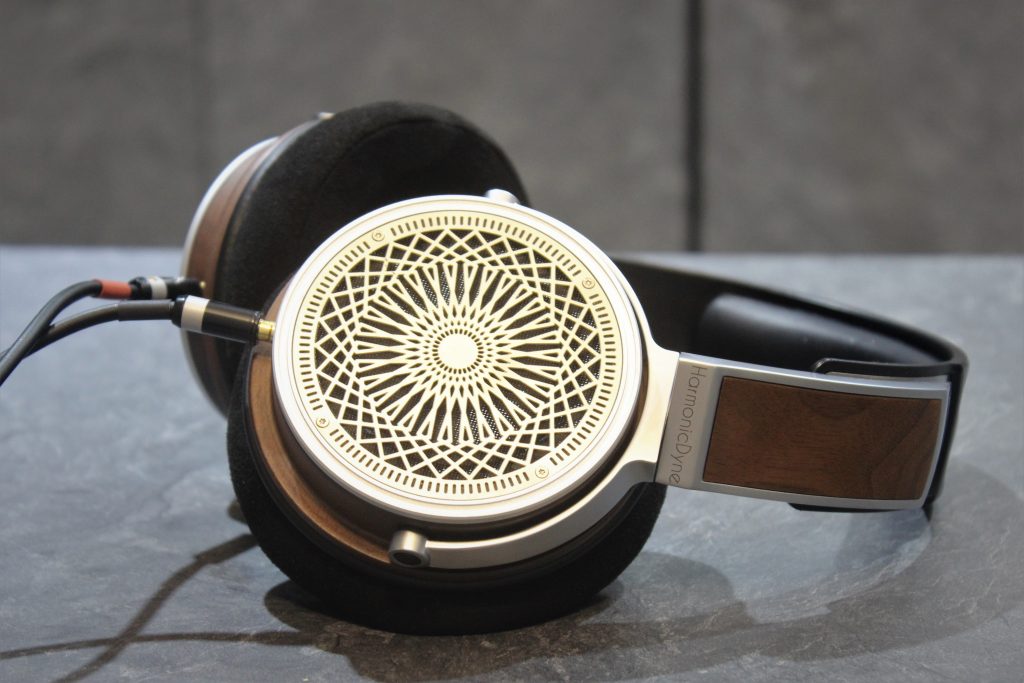
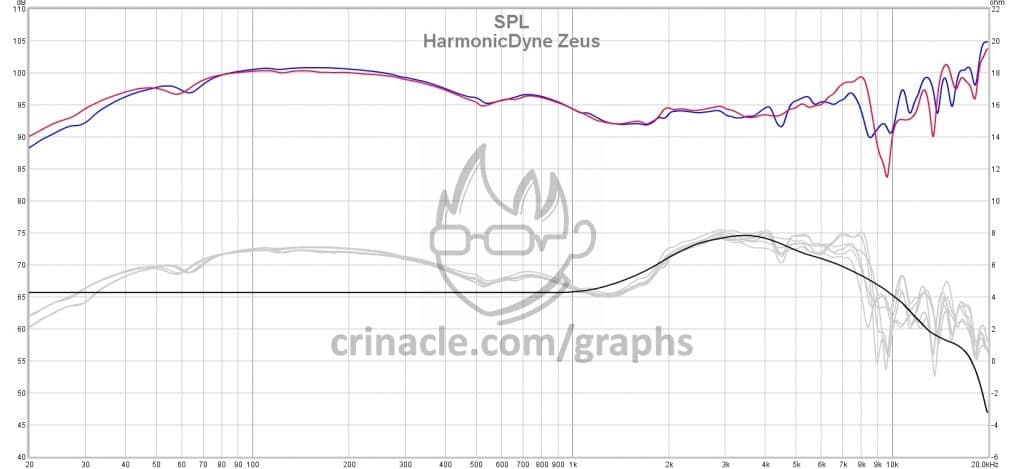
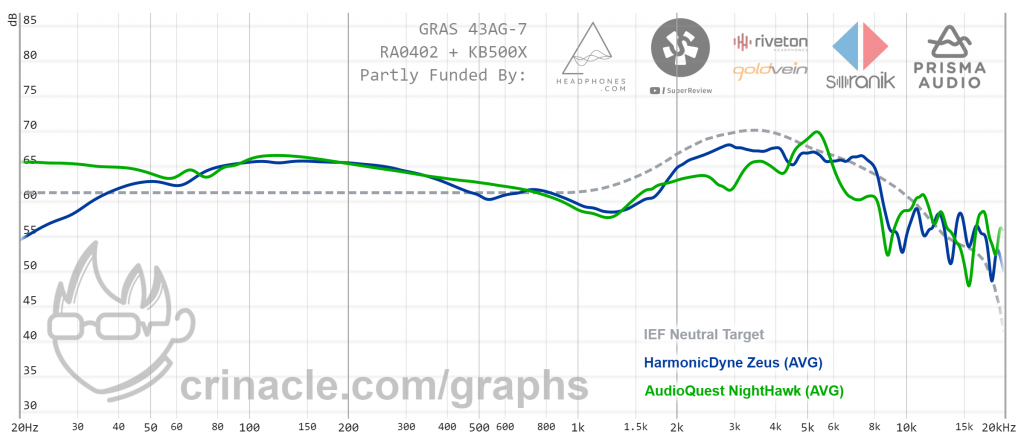
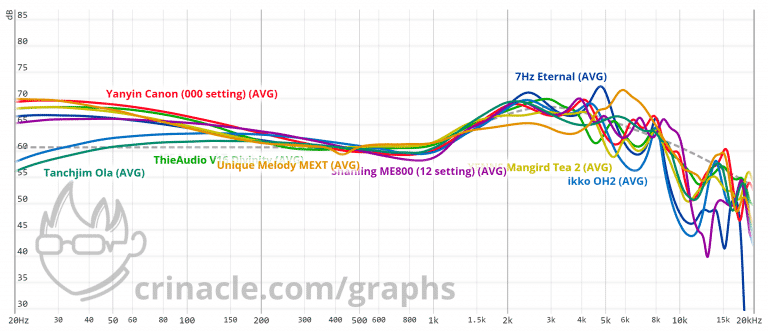
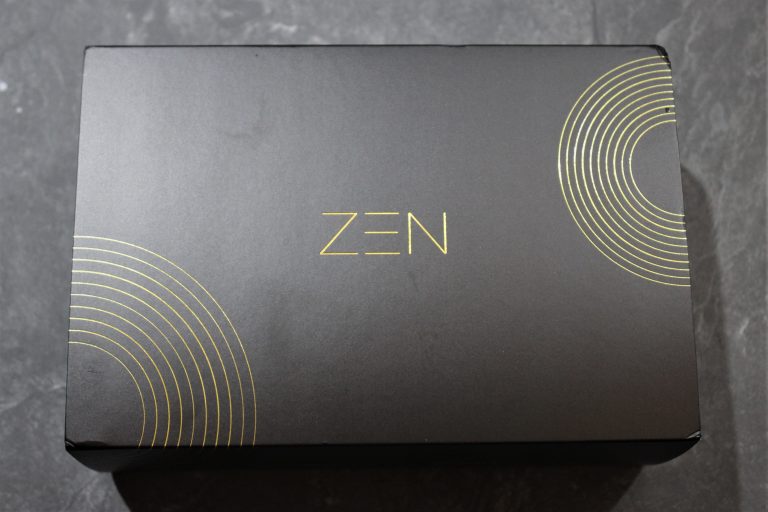


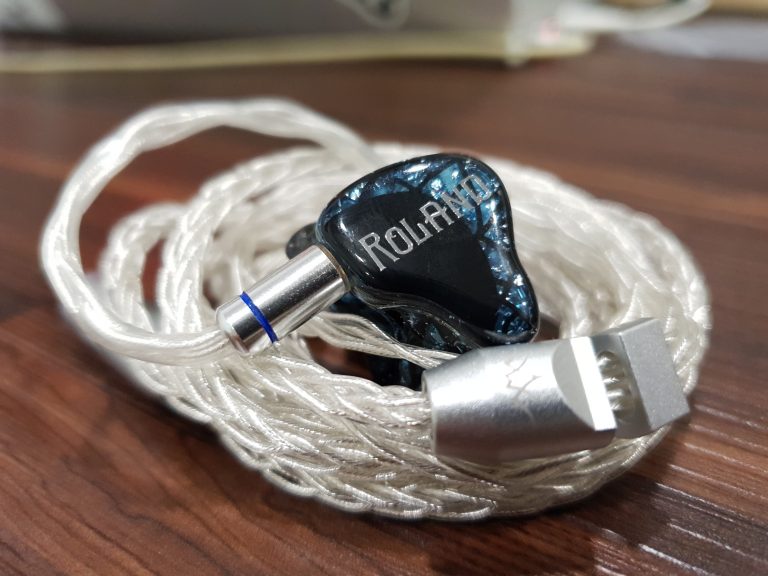
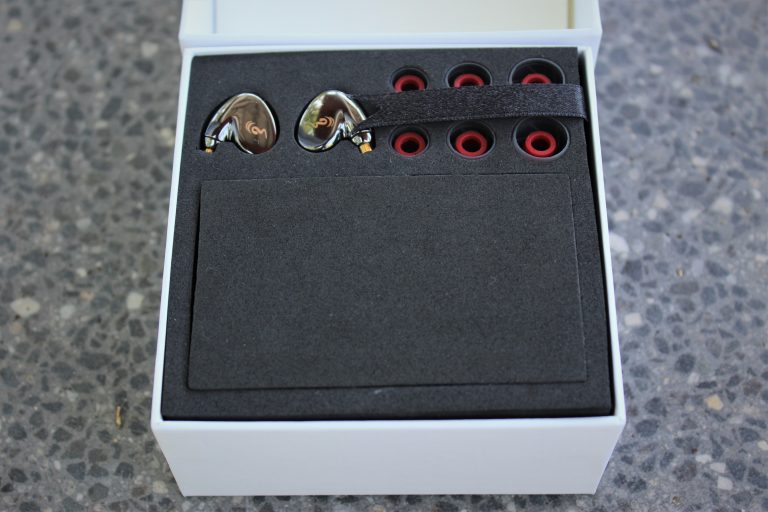




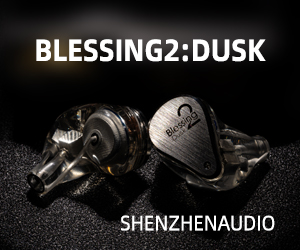
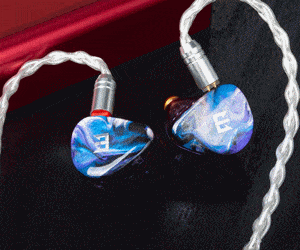

9 thoughts on “HarmonicDyne Zeus Review: Thunderous Warmth”
Hey! Nice read. Thanks for the review.
Your reviews are among the least informative of any I’ve watched and read anywhere. Literally no time spent discussing specifics of the sound signature. You always write in vague terms as if you have no idea how to communicate what you’re hearing. You’re also severely contradictory. On the one hand you claim you don’t dock points because a headphone isn’t to your personal idea of neutral, but then you dock points from the NH because its technicalities aren’t to your liking.
I’ve read a lot of your articles. You spend so much time focused on graphs that you have no idea how to discuss the sound. Your X55 “review” was the last straw for me It was useless and disturbingly dismissive.
Measure whatever you want, but either learn how to provide informative reviews or don’t pretend you’re reviewing anything.
just because YOU don’t understand, doesn’t mean he’s not imparting useful information. maybe your reading comprehension skills need some work?
NH? X55? Did you mistake me for someone else?
I feel like Anon has a point here. A lot of your reviews aren’t that informative on how the thing actually sounds, it’s more about comparisons to other headphones and vague descriptions of the sound signature. Honestly, when I compare your reviews to other reviews such as headphones.com reviews, I find your reviews quite lacking in specifics. I still use your ranking list as a reference, but I find a lot of your reviews not very informative, and that is why I much prefer going to headphones.com. Disappointing.
/\ LOL
mm, how Zeus is under HD6__ performance, if they have good tonality, better extention, more soundstage, better imaging, faster and sharper… See, i really don’t know why a HD600 would be a B+ in tech and zeus just a B. Really. Sounds like a B against a B+ or A-
Hi Crin. Some reviewers mentioned that the Zeus felt like you were listening in a concert hall or were the composer themselves – that that’s how they think the imaging is. Did you feel the same way? Does the R70x provide a better experience than that in terms of imaging and being “in” the music?
I’d say go for the R70-X. You know what you’re getting with that, and it will be achieving what has been generally said y every reviewer who has tested it…..